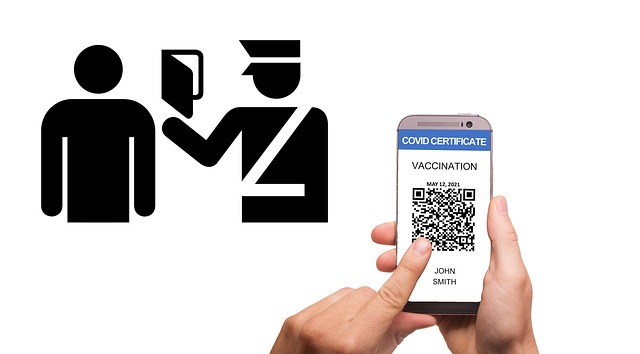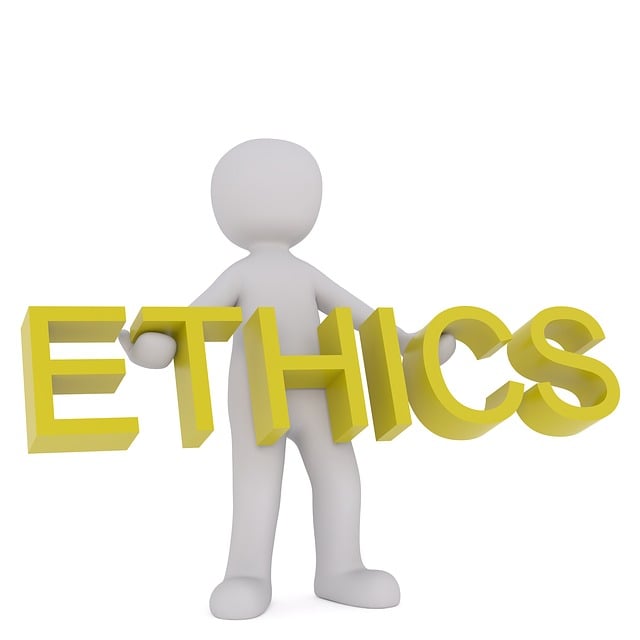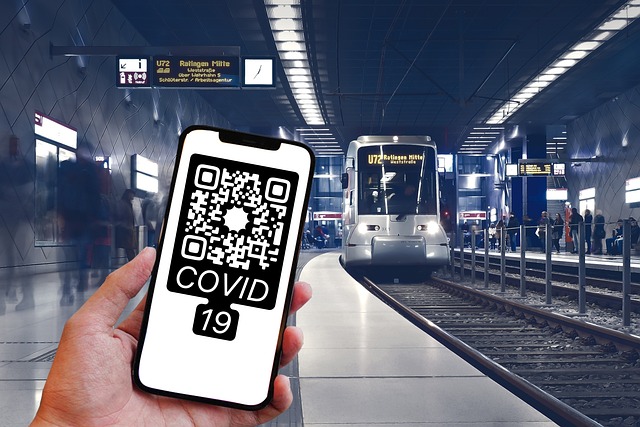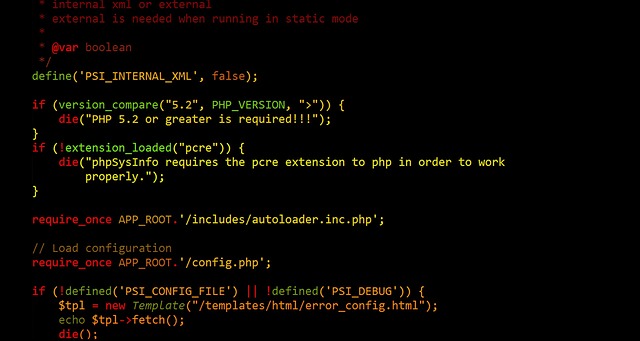In today's global business environment, understanding and adhering to ethical standards, as outlined in documents like the UK Code of Conduct and Ethics, is crucial for corporate governance. Accurate translations of these documents into various languages are essential for multinational companies to maintain consistent messaging and ensure compliance across diverse markets and cultural contexts. Specialized translation services that consider cultural nuances, legal landscapes, and business customs play a vital role in communicating ethical standards effectively, fostering trust, and upholding integrity worldwide. Advanced AI and Machine Learning technologies are transforming these services, enhancing precision and efficiency in translating complex ethical frameworks like the UK Code of Conduct and Ethics.
In today’s globalized business landscape, accurately translating corporate ethical standards is paramount. The UK Code of Conduct and Ethics serves as a cornerstone for organizations worldwide, yet its effective communication across languages and cultures presents significant challenges. This article explores the intricate process of delivering precise translations, from understanding global ethical significance to leveraging AI-driven solutions. We delve into case studies showcasing successful implementations and highlight key considerations for ensuring cultural sensitivity and legal compliance in UK Code of Conduct and Ethics translation services.
- Understanding Corporate Ethical Standards and Their Global Significance
- Challenges in Translating Ethical Guidelines: Language and Cultural Nuances
- The Role of Professional Translation Services for UK Businesses
- Accurately Transmitting the UK Code of Conduct and Ethics Globally
- Key Considerations for Effective Ethical Standard Communication
- Ensuring Cultural Sensitivity and Legal Compliance in Translations
- Case Studies: Successful Translations of Corporate Ethical Documents
- Future Trends: AI and Machine Learning in Ethical Translation Services
Understanding Corporate Ethical Standards and Their Global Significance

In today’s globalised business landscape, understanding corporate ethical standards and their international implications is paramount. These standards, often encapsulated in comprehensive codes of conduct and ethics, serve as a cornerstone for responsible corporate governance. They guide organizations on navigating complex moral dilemmas, ensuring fair practices, and fostering trust among stakeholders worldwide. Given the diverse cultural and legal contexts across countries, the precise translation of these ethical frameworks becomes indispensable.
For instance, the UK Code of Conduct and Ethics, known for its stringent guidelines, requires specialised translation services to convey its essence accurately in foreign languages. Skilled translators must not only capture the meaning but also adapt the content to resonate culturally with diverse audiences. This meticulous process ensures that global companies adhere to ethical principles consistently, promoting transparency, accountability, and respect for human rights across borders.
Challenges in Translating Ethical Guidelines: Language and Cultural Nuances

Translating corporate ethical standards, especially across diverse languages, presents unique challenges. The UK Code of Conduct and Ethics, for instance, encompasses principles that may have nuanced meanings or cultural contexts that don’t readily translate. Words and phrases that seem straightforward in one language can carry different connotations or be interpreted differently in another, leading to potential misunderstandings.
For example, concepts like “integrity” or “respect” might be universally valued but expressed and understood in varied ways globally. A UK-based company’s ethical guidelines might emphasize transparency, while a translated version for a non-English speaking country needs to capture the same idea within the linguistic and cultural framework of that region. Professional translation services specializing in ethical documentation must consider these subtleties to ensure accuracy and avoid cultural gaffes when delivering precise translations tailored to different audiences.
The Role of Professional Translation Services for UK Businesses

In today’s global business landscape, UK companies often operate across international borders, dealing with diverse markets and cultural contexts. This presents a significant challenge when it comes to communicating their ethical standards effectively. The UK Code of Conduct and Ethics is a vital document that outlines an organization’s values, principles, and responsibilities towards its employees, customers, and the wider community. Accurately translating this critical content into various languages is essential for maintaining consistency in messaging and ensuring compliance across all markets.
Professional translation services play a pivotal role in facilitating this process. They provide specialized expertise in handling complex terminology related to ethics and business practices. By employing native speakers with a deep understanding of both the source and target languages, these services deliver precise translations that convey the intended meaning without losing cultural nuance. This is crucial for UK businesses aiming to uphold their ethical standards globally, ensuring that their message remains clear, consistent, and respectful of local sensitivities.
Accurately Transmitting the UK Code of Conduct and Ethics Globally

When it comes to global operations, accurately transmitting the UK Code of Conduct and Ethics is paramount for maintaining consistent standards across borders. Companies with a presence in multiple countries face the challenge of ensuring that their ethical guidelines are understood and adhered to by all employees, regardless of location. This necessitates the services of professional translation specialists who can convey the nuances of the UK’s ethical framework into various languages while preserving its integrity.
UK Code of Conduct and Ethics translation services play a pivotal role in bridging this communication gap. These services not only translate words but also adapt content to suit cultural contexts, ensuring that ethical principles remain relevant and easily comprehensible worldwide. By leveraging advanced language technologies and subject matter expertise, translators can deliver precise interpretations that align with the original intent, fostering a unified ethical culture within global corporate structures.
Key Considerations for Effective Ethical Standard Communication

When translating corporate ethical standards, especially for multinational companies operating in diverse markets like the UK, it’s crucial to go beyond mere word-for-word substitution. The UK Code of Conduct and Ethics, for instance, demands a nuanced understanding of cultural contexts to ensure fairness, transparency, and accountability are conveyed accurately. Professional translation services specializing in these documents must consider language nuances, legal requirements, and cultural sensitivities to deliver clear, consistent messages that resonate with diverse audiences.
Effective communication requires translating not just words but also the underlying intent and values. This involves employing native speakers with expertise in both business ethics and the target languages. Moreover, staying abreast of local regulations and business customs is essential to avoid misinterpretations that could undermine the organization’s integrity. Using specialized translation software and proofreading by industry experts further ensures precision and fluency in the final document, fostering a culture of ethical conduct across all markets.
Ensuring Cultural Sensitivity and Legal Compliance in Translations

When translating corporate ethical standards, such as the UK Code of Conduct and Ethics, it’s crucial to go beyond mere word-for-word substitutions. Cultural sensitivity is paramount; what’s considered ethical in one culture might not be in another. Professional translators must understand the nuances and contextual implications of the source material to ensure accurate representation in the target language. This involves researching local customs, legal frameworks, and business practices to avoid potential pitfalls like offensive phrases or compliance gaps.
Legal compliance is another vital aspect. In the case of UK-based companies, adhering to the country’s specific regulations on data privacy, consumer protection, and anti-discrimination laws is essential. Translation services should be provided by experts who not only grasp these legal requirements but also have experience adapting them for diverse international audiences. This ensures that the translated documents not only convey the intended message but also stand up to scrutiny under different regulatory environments.
Case Studies: Successful Translations of Corporate Ethical Documents

In the realm of corporate governance, clear and accurate communication is paramount, especially when conveying ethical standards across different languages. Case studies illustrate successful translations of documents like the UK Code of Conduct and Ethics, showcasing the importance of specialized services tailored to this unique content. Professional translation companies with experience in legal and regulatory texts play a crucial role in ensuring these guidelines are not only translated but also culturally adapted for global audiences.
For instance, when translating the UK Code of Conduct and Ethics, translators must consider the nuances of different business cultures, interpreting “integrity” or “fairness” in a way that resonates with diverse stakeholders. Well-executed translations maintain the integrity of the original document, fostering trust among employees worldwide. This is particularly vital for multinational corporations aiming to establish a unified ethical framework while respecting local norms and customs.
Future Trends: AI and Machine Learning in Ethical Translation Services

The future of AI and Machine Learning (ML) is set to revolutionize the field of translation, especially when it comes to delivering precise interpretations of complex topics like corporate ethical standards. As technology advances, these tools are becoming increasingly adept at understanding nuanced language and cultural contexts, ensuring that UK Code of Conduct and Ethics translation services maintain accuracy and consistency.
AI-powered systems can analyze vast amounts of data, learn from patterns, and adapt to new linguistic landscapes. This capability is invaluable when translating documents related to ethics, as it enables translators to capture the essence of guidelines and regulations while adhering to cultural sensitivities. With ML, translation memory improves over time, leading to more efficient and accurate results, particularly in specialized fields like corporate governance and compliance.
In a global business landscape, accurately translating corporate ethical standards is more than just a technical task. It’s about bridging cultural gaps and ensuring that values like transparency, accountability, and fairness resonate universally. Professional translation services play a vital role in this process, enabling UK businesses to effectively communicate the UK Code of Conduct and Ethics globally. By leveraging advancements in AI and machine learning, these services can enhance accuracy, consistency, and cultural sensitivity, fostering ethical practices across borders.



